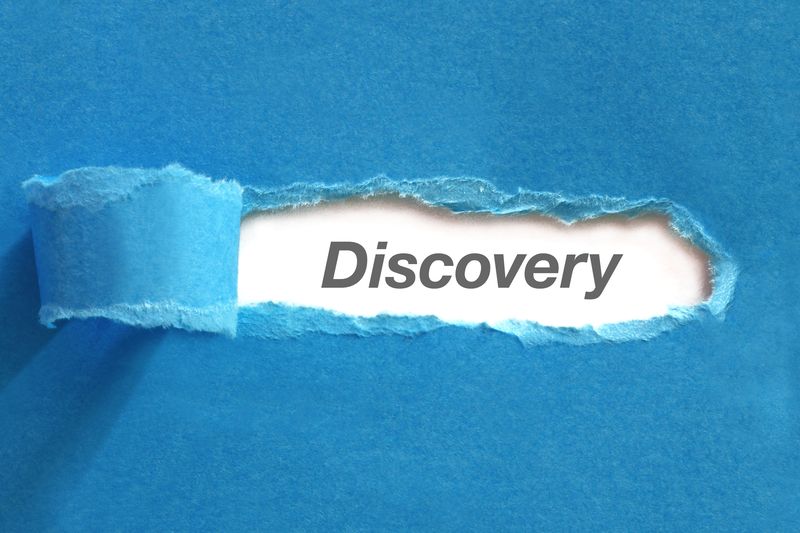Understanding DWI Discovery Process
The DWI discovery process is a critical phase in defending against Driving While Intoxicated charges. It involves the exchange of evidence between the prosecution and the defense, allowing both parties to prepare their cases effectively. This process ensures that defendants have access to all pertinent information that could impact their defense strategy.
Key elements of the discovery process include police reports, breathalyzer test results, and witness statements. Understanding these components can help defendants and their attorneys build a strong case. For instance, discrepancies in the police report may provide grounds for challenging the validity of the DWI charge.
Common Evidence in DWI Cases
In DWI cases, various types of evidence are commonly presented, which can significantly influence the outcome of the case. This evidence may include field sobriety test results, chemical test results, and video footage from police body cameras or dashcams.
For example, video evidence can reveal the conduct of the driver during the stop, which may be used to argue against the reliability of sobriety tests. Additionally, understanding the types of evidence that can be challenged is crucial for a robust defense, as it can lead to dismissals or reduced charges.
Impact of DWI Charges on Your Record
Facing a DWI charge can have long-lasting consequences on an individual's criminal record and driving privileges. A conviction can result in significant penalties, including fines, license suspension, and even jail time, depending on the severity of the offense.
Moreover, a DWI on one's record can affect employment opportunities, insurance rates, and personal relationships. It's essential to understand these implications and to seek legal counsel to navigate the complexities of DWI charges effectively.
Legal Defenses Against DWI Charges
There are several legal defenses that can be employed to contest DWI charges. Common defenses include challenging the legality of the traffic stop, questioning the accuracy of breathalyzer tests, and asserting that the defendant was not operating the vehicle at the time of the alleged offense.
For instance, if law enforcement did not have reasonable suspicion to initiate a stop, any evidence collected during that stop may be inadmissible in court. Understanding these defenses can empower individuals facing DWI charges to explore all available options for their case.

